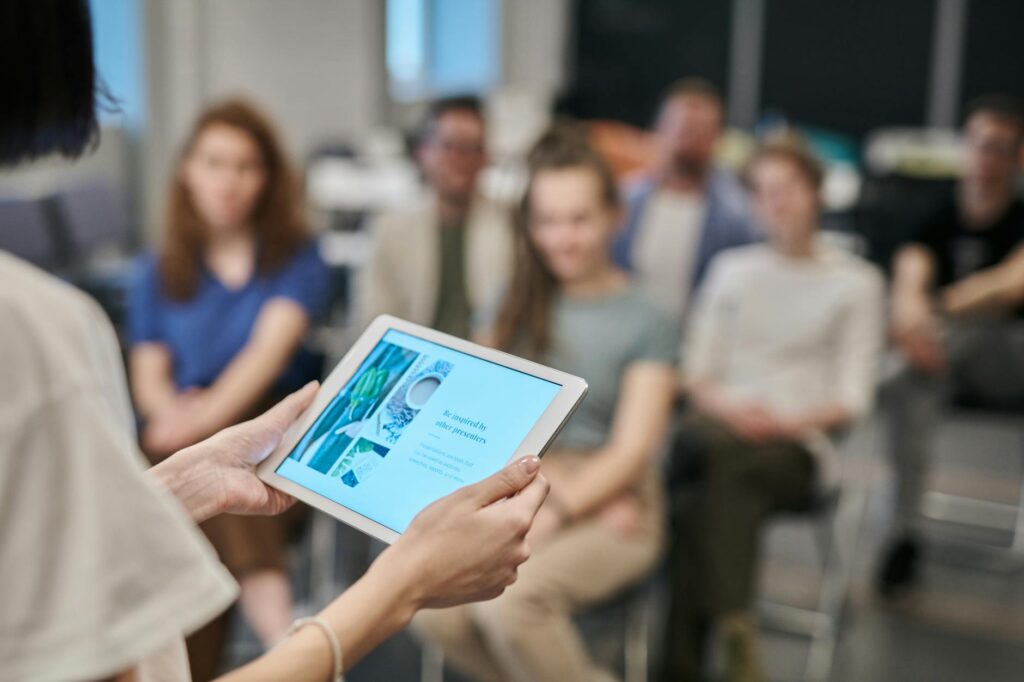What is experiential learning?

What is Experiential Learning?
Experiential learning is a fascinating approach to education and personal development that emphasizes learning through experience. It’s not just about what you know; it’s about how you apply that knowledge in real-life situations. In a world where practical skills often trump theoretical knowledge, understanding experiential learning can significantly boost your productivity and personal growth.
Understanding Experiential Learning
Experiential learning is more than a buzzword; it’s a fundamental principle of effective learning. It involves engaging learners in hands-on experiences followed by reflection to deepen their understanding.
Definition of Experiential Learning
At its core, experiential learning is the process of learning through direct experience. This method encourages learners to actively engage with material, rather than passively absorbing information. According to the Experiential Learning Institute, experiential learning involves thinking critically about one’s experiences to create a deeper understanding and apply learned concepts in future scenarios. This approach not only enhances knowledge retention but also fosters the development of critical thinking skills.
Historical Context
The roots of experiential learning can be traced back to educational theorists like John Dewey, Kurt Lewin, and David Kolb. Dewey argued that education should be grounded in real-life experiences, while Lewin emphasized the importance of group discussions and feedback in the learning process. Kolb later formalized these ideas into a cyclical model that illustrates how learners can achieve deeper understanding through experience and reflection. For a deeper dive into its history, visit the UCDavis history of experiential learning.
The Experiential Learning Process
David Kolb proposed a four-stage model of experiential learning that outlines how people learn from their experiences. Understanding this cycle can help you harness experiential learning effectively.
Concrete Experience
The first stage, concrete experience, is where you actively participate in an event. This could be anything from attending a workshop to volunteering in your community. The key here is engagement. The more involved you are, the richer your experience will be.

Photo by fauxels
Reflective Observation
Next comes reflective observation, where you take a step back and think about your experience. What went well? What didn’t? Reflection is crucial because it allows you to analyze your experiences and gather insights that can inform your future actions.
Abstract Conceptualization
The third stage, abstract conceptualization, involves developing new ideas or modifying existing ones based on your reflections. This is where you might formulate theories or concepts that arise from your experience. For instance, after a group project, you may conclude that effective communication is essential for teamwork.
Active Experimentation
Finally, active experimentation is where you apply what you’ve learned to new situations. This could mean implementing new strategies in your next project or testing new skills in a different context. This stage closes the loop by leading you back to concrete experiences.
Benefits of Experiential Learning
The advantages of incorporating experiential learning into your personal and professional life are numerous.
Enhanced Retention and Understanding
Experiential learning has been shown to improve knowledge retention and comprehension significantly. When you learn through doing, you’re more likely to remember the material because it’s connected to your personal experiences. Studies have indicated that learners who engage in hands-on activities retain information better than those who rely solely on passive learning methods. To explore this further, check out the benefits of experiential learning.
Development of Critical Skills
Through experiential learning, you develop essential skills such as problem-solving and critical thinking. When you face real challenges, you learn to think on your feet and adapt, which are invaluable skills in today’s fast-paced environment.
Applications of Experiential Learning
Experiential learning is not confined to classrooms; it has vast applications across various fields.
Experiential Learning in Education
In educational settings, experiential learning enhances student engagement and motivation. Teachers are increasingly embracing project-based learning, internships, and community service as part of their curriculum. This hands-on approach allows students to connect theoretical knowledge with real-world applications. A deeper look into this can be found in the Center for Teaching & Learning.
Experiential Learning in the Workplace
Organizations also use experiential learning to improve training and development. By incorporating simulations, workshops, and real-life problem-solving into their training programs, companies can cultivate a more skilled and adaptable workforce. The workplace becomes a dynamic environment where learning happens continuously, fostering innovation and collaboration. More on this can be found in the application of experiential learning in workplaces.
Challenges and Considerations
While experiential learning is powerful, it comes with its challenges.
Resource Requirements
Implementing experiential learning often requires significant resources—time, money, and planning. Organizations need to ensure they have the necessary infrastructure to support hands-on experiences. Without proper resources, the effectiveness of this learning approach can diminish.
Assessment of Learning Outcomes
Another challenge lies in measuring the effectiveness of experiential learning. Traditional assessment methods may not adequately capture the nuanced learning that occurs through experience. Developing new metrics and evaluation methods is essential to fully appreciate the impact of experiential learning.
Conclusion
Experiential learning is a dynamic and engaging approach that significantly enhances personal and professional development. By actively participating in experiences, reflecting on them, conceptualizing new ideas, and applying those ideas, you can unlock your full potential. This method not only enriches your understanding but also equips you with vital skills that are essential in today’s world. Whether in education or the workplace, embracing experiential learning is a step toward achieving your goals and making meaningful connections with the knowledge you acquire.